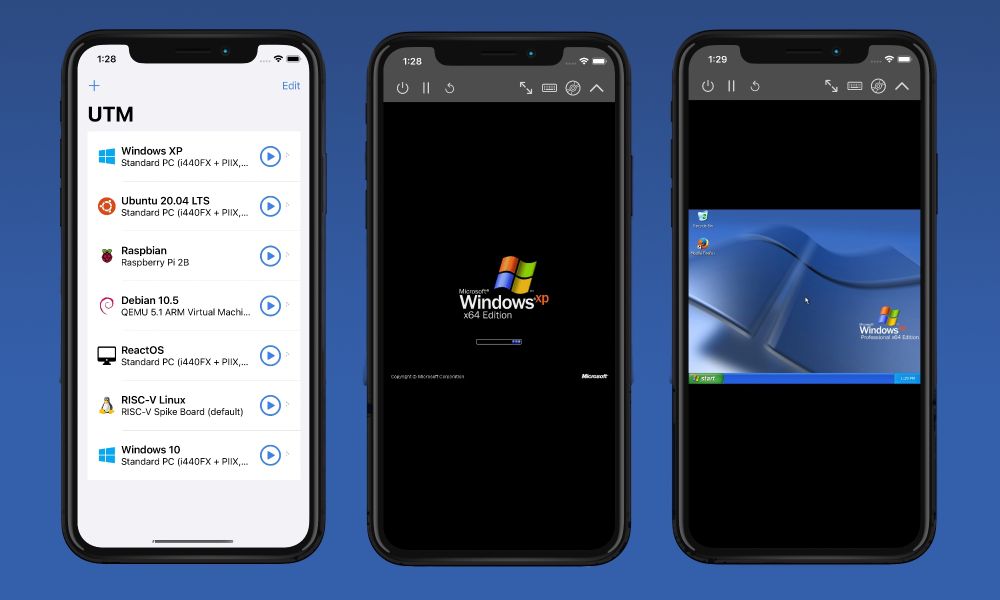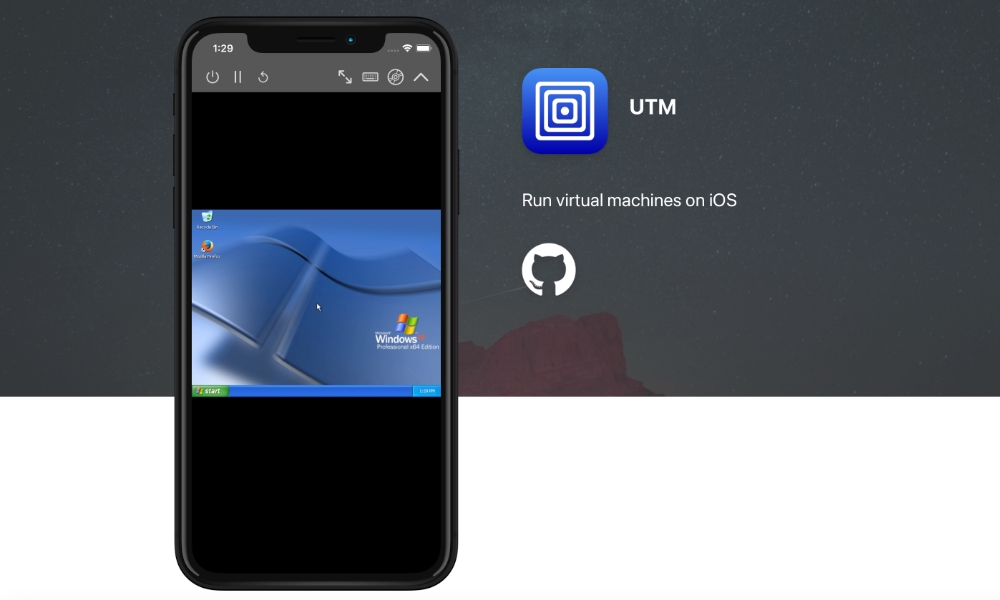Apple Reverses Course and Approves First PC Game Emulator on App Store

Toggle Dark Mode
Apple has just green-lit the first PC game emulator on the App Store In a surprising yet welcome about-face.
For years, most platform emulation apps were strictly forbidden on the App Store under a rule that prevented any apps that could run external code. Apple’s reasoning was that it couldn’t guarantee the safety and compliance of apps that could sneak in additional code after its App Store Review team had already approved them. So, a blanket restriction was put in place from the very start, stating that all apps submitted to the App Store had to be entirely self-contained.
While Apple’s rules allowed for first-party emulators like Atari’s Greatest Hits, since all the games could be included in the app, it blocked third-party emulators, even if they didn’t include copyrighted game ROMs. Since Nintendo and Sony had no interest in releasing their retro games on the iPhone, there was no way to enjoy these titles in Apple’s mobile device ecosystem.
Thankfully, that all changed this year when Apple relaxed its rules to carve out an exemption for “retro game console emulator apps.” This seemingly blew the doors wide open for nostalgic gamers, and it wasn’t long before the popular Delta NES emulator came to the App Store, along with other multi-platform emulators like Provenance, RetroArch, and even the Folium 3DS emulator.
In theory, that rule change should have also opened the door to other emulators like iDOS that could be used for retro PC gaming. Over the years, iDOS had an on-again/off-again relationship with the App Store, popping up and being pulled several times over thanks to Apple’s typically inconsistent application of its App Store Review Guidelines.
However, despite its friendlier tone toward retro game console emulators, it seems the App Store Review Team remains as inconsistent as ever.
After the floodgates opened to NES and PSP emulators, several PC emulator developers tried to get their apps onto the App Store but found their apps flatly denied because they weren’t emulating retro game consoles.
The developer of UTM, a generic PC system emulator app, went through a two-month review process before Apple told them that “a PC is not a console.” Meanwhile, Chaoji Li, the developer behind iDOS, received a rejection that stated that his app “provides emulator functionality but is not emulating a retro game console specifically.” When Li asked Apple to explain what would qualify as a “retro game console,” Apple’s App Store reviews had no idea.
Making matters worse, Apple also rejected UTM from being offered on alternative app marketplaces in the European Union — a move that was almost certain to vex the European Commission.
That last part may have led Apple to rethink its stance on PC game emulators, but whatever the reason, it’s just approved UTM SE on both the iOS and visionOS App Store. With that decision, it’s also naturally open for distribution through AltStore PAL in the EU.
Like the more traditional console emulators, UTM SE doesn’t do much out of the box. In fact, it does even less since you’ll need to come up with your own operating system for it. That’s not much different in concept from setting up Parallels or VMware Fusion on a Mac since licensing restrictions are involved.
UTM SE has some guides for installing Windows, but you’ll need to supply that yourself. On the other hand, Linux fans can take advantage of several pre-built virtual machines, and DOS shouldn’t be a problem either.
Initially, UTM’s developer said it wasn’t interested in continuing to try and get Apple’s approval as it felt UTM SE would be a “subpar experience” without a JIT compiler — something that’s still absolutely verboten by Apple. However, the developer apparently decided to make another attempt after the AltStore team and another developer helped it create a better-performing “JIT-less build” using a “QEMU TCTI implementation.” That part doesn’t appear to have anything to do directly with getting UTM SE approved; it merely made the app work well enough without JIT to encourage the developer to try again.









